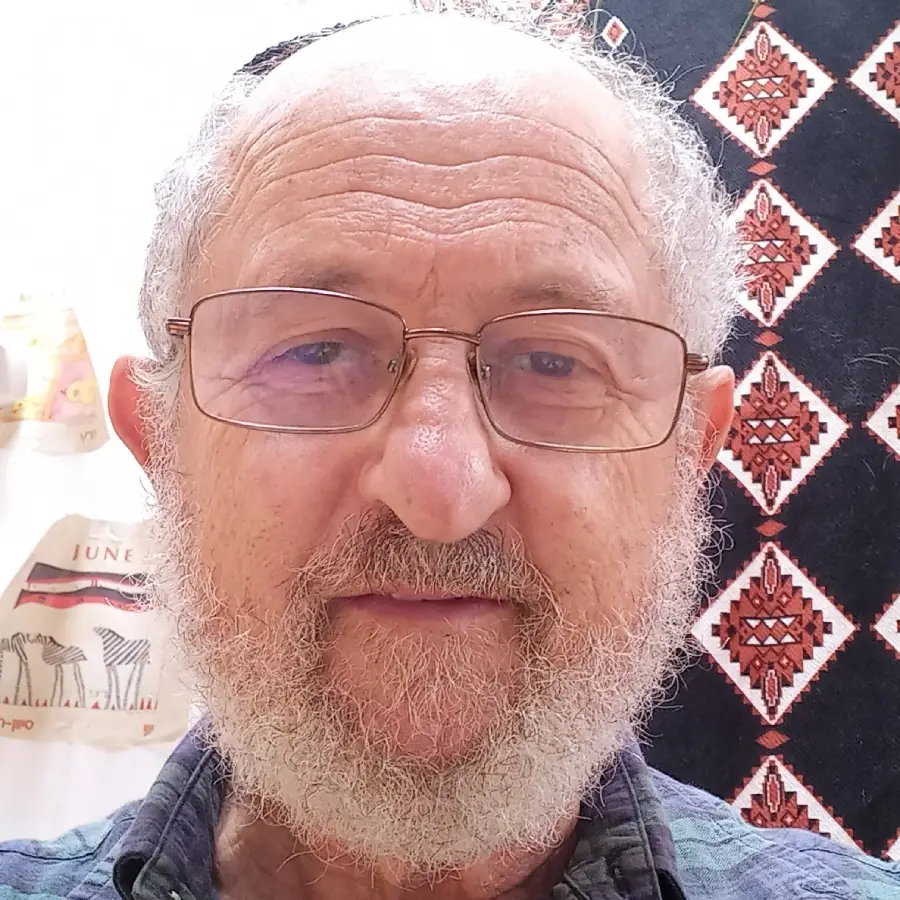
Davar Torah for Parshat Vayikra: Corrupt Leaders and the Sin of Inaction, Rabbi Yehiel Grenimann
אֲשֶׁר נָשִׂיא יֶחֱטָא וְעָשָׂה אַחַת מִכׇּל־מִצְוֺת יְהֹוָה אֱלֹהָיו אֲשֶׁר לֹא־תֵעָשֶׂינָה בִּשְׁגָגָה וְאָשֵׁם׃ (ויקרא, ד', כ"ב)
When a leader [of Israel] sins and unintentionally commits one of all the commandments of the Lord, which may not be committed, incurring guilt (Vayikra, 4, 22),
Rabbi Jonathan Sacks, z"l, pointed out in one of his discussions ("The Sins of a Leader", in
Covenant and Conversation, 5781) of this week's Torah reading "Vayikra", that in the description of circumstances leading to the bringing of a sacrifice – for sins on the part of other functionaries – the priests, the judges – and the people, the word used is "if" (im). On the other hand, when referring to sins of the nasi, who is equivalent to the political ruler the the word "when" (asher) is used. This is the basis for an important Talmudic insight:
"Rabban Yochanan ben Zakkai summed it up with a brilliant double entendre on – the word asher, meaning “when” in the phrase “when a leader sins.” He relates it to the word ashrei, “happy,” and says: Happy is the generation whose leader is willing to bring a sin offering for their mistakes.[ Tosefta Baba Kamma, 7:5]
Rabbi Sacks comments that the unique challenge of political leadership is that it must deal with conflicting interests related to wealth and power in a constantly changing social and cultural reality. It is, therefore, probable that s/he will sin, unlike judges and priests who are working from within more conservative contexts of law and ritual. That is why it is all the more important that there be checks and balances, external constraints placed on political rulers.
"Leadership demands two kinds of courage: the strength to take a risk, and the humility to admit when a risk fails." King David's response to Nathan the prophet's censure is an example of just such courage. He is model, in our tradition of teshuva, his words of contrition recited in the Tahnun prayer in synagogues all over the world.
But what if a leader will not admit guilt? What if a leader acts not in the interest of the people, when s/he has wilfully sinned? When s/he disobeys the Torah, ignores criticism, the outcry of prophets? What then?
Jewish history is full of examples of bitter internal conflicts and their tragic consequences when leadership was irresponsible, or morally corrupt or both, and so failed us. From the days of the demagoguery of Korah's rebellion against Moshe's leadership (which didn't succeed, but cost so many lives), through to the bloody division our first kingdom into two after Solomon, on to the fall of our second commonwealth because of internal struggle while the Romans awaited their opportunity to conquer and destroy, evil leaders have done their damage. The exploitation of conflict by selfish leaders for their own benefit, or because fanaticism and false messiahs has a long, and bloody history.
How to behave in such times? I turn to an halachic article written by one of my teachers, Rabbi Professor David Golinkin ("A Jewish View of non-violent protest and civil disobedience" published in the Jerusalem Post August 31st, 2020) for guidance in this case:
"I believe that Jewish tradition allows Jews to protest and engage in civil disobedience, provided that these activities are non-violent, and provided that the protesters are willing to suffer the consequences, such as imprisonment."
"The importance of protesting an injustice or a transgression is emphasized numerous times in rabbinic literature: “Whoever can protest to his household and does not, is accountable [for the sins] of his household; if he could protest to his townspeople, he is accountable for their sins; if he could protest to the whole world, he is accountable for the whole world” (Shabbat 54b).
In other words, all those who do not get out there to protest the moral corruption and despicable incitement to racism and hatred of this present government as they move to establish a form of authoritarian rule and destroy all protection for minorities against their arbitrary rule are transgressing against basic Jewish law. All who remain silent, or passive are accountable for the disaster to come. History will judge us for our inaction.
May God be with us in this struggle for our freedom!